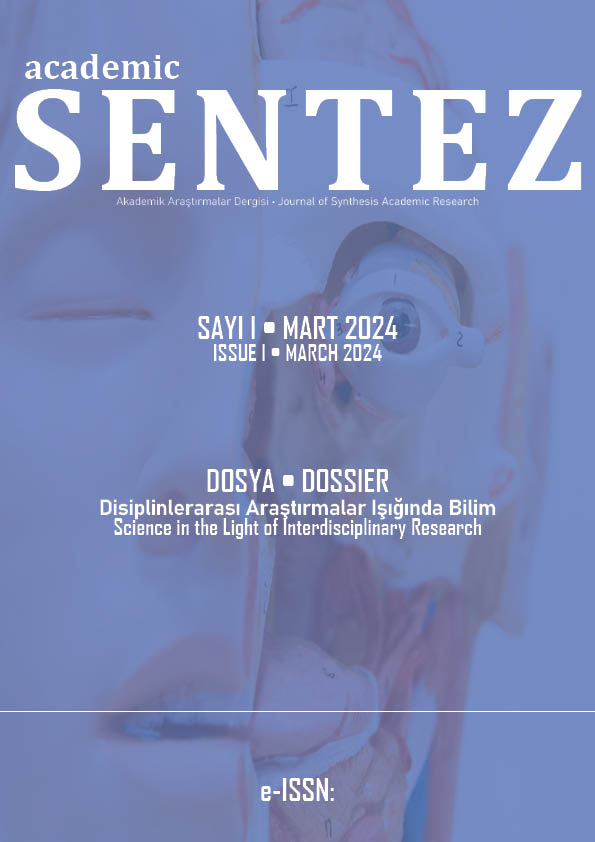THE RELATIONSHIP BETWEEN COGNITIVE DISTORTIONS AND OBSESSIVE-COMPULSIVE SYMPTOMS: AN EXAMINATION IN YOUNG ADULTS
Main Article Content
Abstract
Cognitive distortions significantly influence the development of psychopathological symptoms by systematically altering individuals’ perception of reality. During emerging adulthood, the incomplete maturation of cognitive flexibility and emotional regulation may heighten susceptibility to such distortions. The literature identifies several cognitive patterns—such as inflated responsibility, thought-action fusion, perfectionism, and intolerance of uncertainty—as closely associated with obsessive-compulsive symptoms. These tendencies often lead individuals to perceive intrusive thoughts as more threatening, prompting compulsive behaviors aimed at mitigating perceived danger.
Research focusing on young adults suggests that this age group is particularly vulnerable to cognitive distortions due to both developmental and environmental factors. Furthermore, cultural norms and societal expectations play a critical role in shaping cognitive styles. A review of existing studies reveals a scarcity of research conducted in non-Western contexts, which limits comprehensive understanding of how cognitive distortions interact with obsessive-compulsive features across diverse cultural settings. In this regard, a deeper exploration of cognitive tendencies in young adults is essential for informing preventive and therapeutic strategies in mental health.
Article Details

This work is licensed under a Creative Commons Attribution 4.0 International License.





